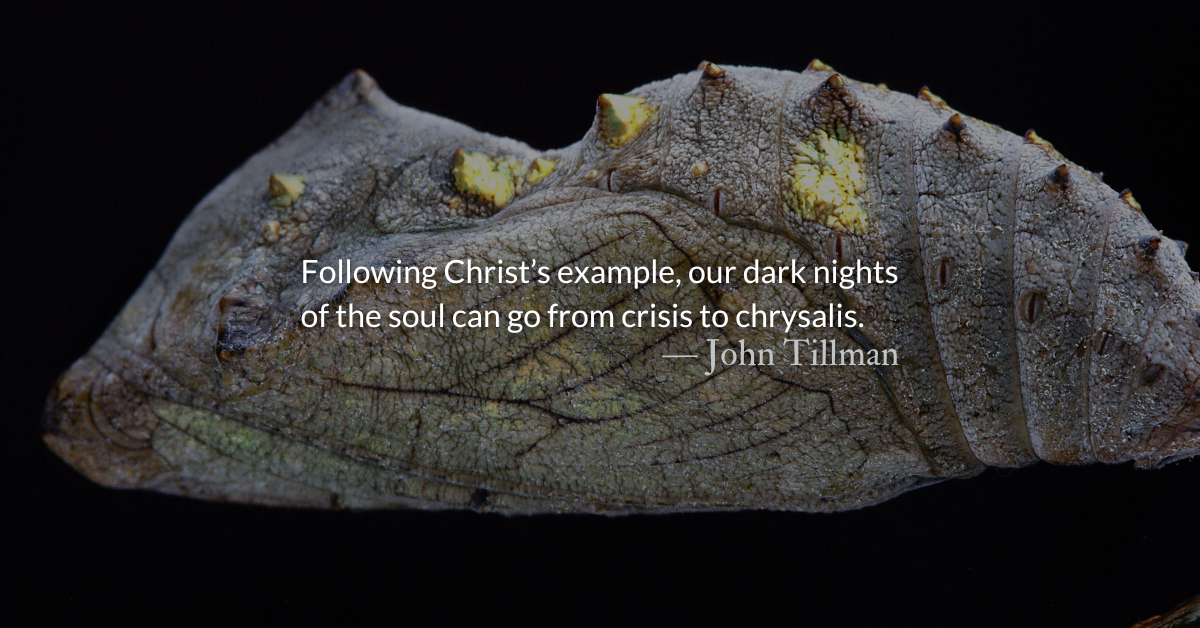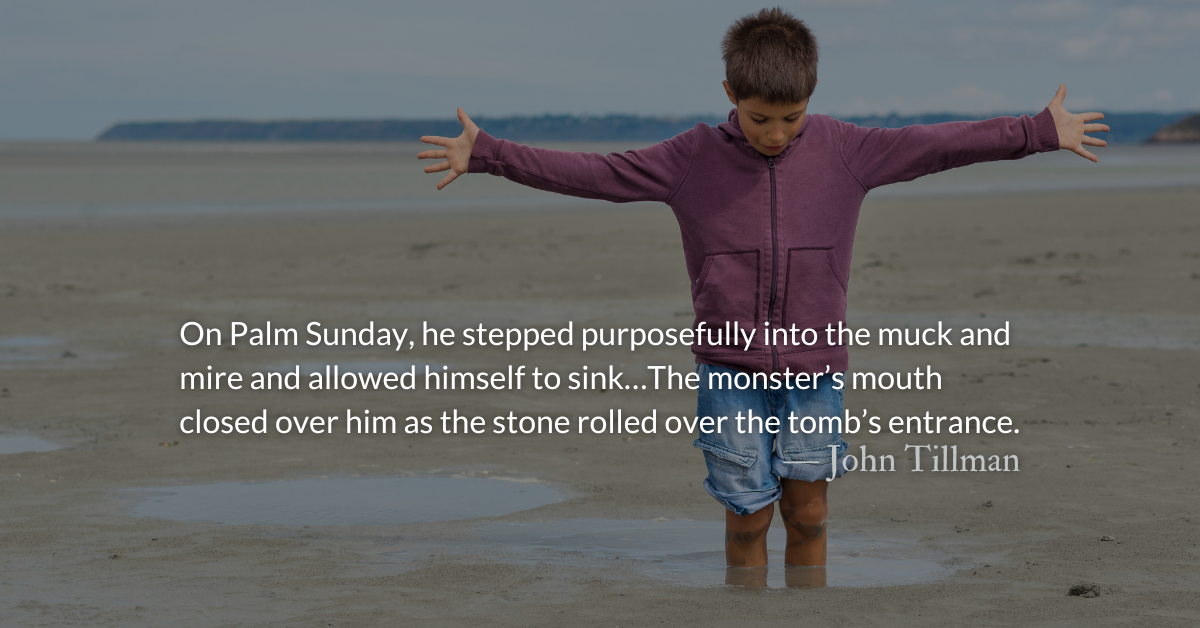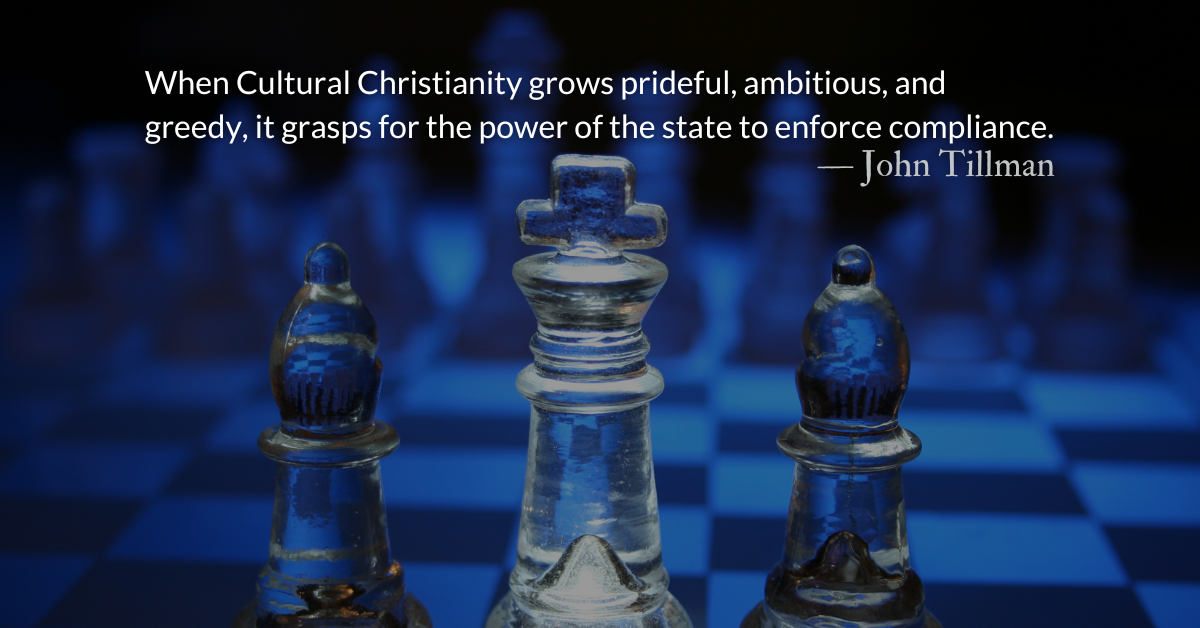Scripture Focus: Psalm 70
1 Hasten, O God, to save me;
come quickly, Lord, to help me.
2 May those who want to take my life
be put to shame and confusion;
may all who desire my ruin
be turned back in disgrace.
3 May those who say to me, “Aha! Aha!”
turn back because of their shame.
4 But may all who seek you
rejoice and be glad in you;
may those who long for your saving help always say,
“The Lord is great!”
5 But as for me, I am poor and needy;
come quickly to me, O God.
You are my help and my deliverer;
Lord, do not delay.
Reflection: Lament and Transformation
By John Tillman
Psalm 40 begins with thanksgiving, but Psalm 70 (identical to verses 13-17 of Psalm 40) dives directly into desperation. It is pure lament, with no bright resolution at the end, only grim determination.
Federico Villanueva finds Psalm 70’s focus on pure lament a liberating message. He reflects, “It affirms the fact that there are times when the life of faith consists purely of desolation. We do not have to see ourselves always lacking in faith when we cannot find the answer to our situation right away. The psalm can be our companion as we wait for God.”
In the 16th century, St. John of the Cross described the “Dark Night of the Soul.” The term has become a cliche for any difficult experience. However, St. John saw it as not a minor misfortune but a major crisis. For spiritual growth to occur, he believed all Christians must experience it.
Our souls will go through dark times. We may weep at the beginning, the middle, and all the way through. It may help us navigate our souls’ dark nights to remember that Jesus went before us.
We memorialize Jesus’ dark night of the soul yearly during “Passion Week.” In this usage, “passion” does not mean strong emotions. The original Greek word meant suffering. His suffering began with the Triumphal Entry.
Jesus wept before entering the city. (Luke 19.41-44) He knew they welcomed him with impure desires. They wanted Rome’s power broken, but Jesus came to break the power of a far more dangerous empire—Satan’s empire of sin and death. Christ’s dark descent continued from the streets to the Temple, the garden, the cross, and the tomb.
Jesus is our companion in darkness and weeping, even when it is so dark, we lose our sense of his presence. Christ’s suffering, his dark night of the soul, had a glorious ending. The same can be true for us. “We share in his sufferings in order that we may also share in his glory.” (Romans 8.17b)
Don’t feel pressured to produce praise, happiness, or thankfulness during your dark nights. Feel the freedom of pure lament. Holding on to happiness is not the point of the dark. Transformation is.
May dark nights of lament lead to glorious transformation in our lives. Don’t waste the dark. Lament, weep, and transform. Following Christ’s example, our dark nights of the soul can go from crisis to chrysalis.
Divine Hours Prayer: The Request for Presence
Early in the morning I cry out to you, for in your word is my trust. — Psalm 119.147
– From The Divine Hours: Prayers for Summertime by Phyllis Tickle.
Today’s Readings
Song of Songs 2 (Listen 2:15)
Psalm 70-71 (Listen 3:29)
Read more about Too Much to Hold
Jesus is more than death can hold. It tried. Death can hold worlds, countries, massive unnumbered masses. But Christ could not be contained or held back.
Read more about Supporting Our Work
Please consider becoming a donor. Everything we do depends on funding from donors just like you.











